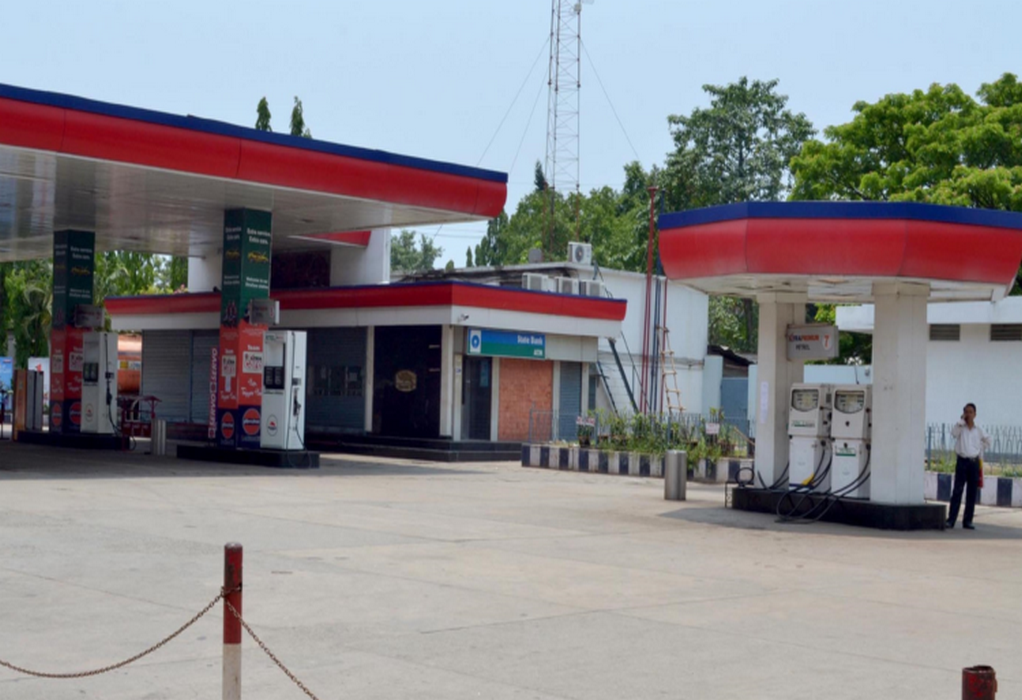The Indian public sector oil refineries have together planned to set up 137 kilo tonnes per annum (ktpa) of green hydrogen facilities by 2030.
This was revealed by Dr S S V Ramakumar, Director – R&D, Indian Oil Corporation, at the India Energy Week, held recently in Bengaluru. Participating in a panel discussion on green hydrogen, Ramakumar said Indian Oil would first put up a 7 ktpa electrolysis plant at its Panipat refinery.
He pointed out that IOC had entered into an agreement with the renewable energy company, ReNew Power and the engineering major, L&T, for putting up green hydrogen plants, not only for IOC but for other refiners also.
There are two mature technologies, alkaline and PEM, and both have their own merits and demerits, Ramakumar said. The third one, solid oxide, “which is projected to be a super-duper technology, is at TRL 3 or 4.” (TRL is ‘technology readiness level’; level 3 or 4 refers to quite low levels of readiness.)
As a country, all the research institutions need to concentrate on AEM technology—if we want to adopt the electrolysis technology pathway, Ramakumar said.
While IOC has planned green hydrogen production by electrolysis, i.e., splitting of water into hydrogen and oxygen with electricity, Ramakumar said that the biomass gasification was a better way of producing green hydrogen in India.
Describing the biomass route as “very, very promising”, he said that the route does not suffer from the demerits of electrolysers, a big one of which is the need for large quantities water. While sea water electrolysis is being “intensely looked into” today’s electrolysers require pure water, Ramakumar said.
Tags: Green Hydrogen, Indian Refineries, IOC



Recent Posts
Hygenco Commissions Maharashtra’s First Green Hydrogen and Oxygen Facility to Power STL’s Net Zero Goals
India Invites Second Round of R&D Proposals Under ₹4 Billion Green Hydrogen Mission
BMTC Adds 148 Tata Electric Buses to Bengaluru Fleet, Strengthens Green Mobility Drive
MITSUI E&S Deploys Hydrogen Fuel-Cell RTG Crane at Yokohama’s Minami Honmoku Terminal
WinGD’s first ammonia-fuelled engine installed on EXMAR vessels
DP World and Asian Terminals Inc deploy first fleet of electric internal transfer vehicles in the Philippines
Lloyd’s Register Decarbonisation Hub Joins Mærsk Mc-Kinney Møller Center as Knowledge Partner
Wärtsilä engines selected to deliver reliable power for US data center